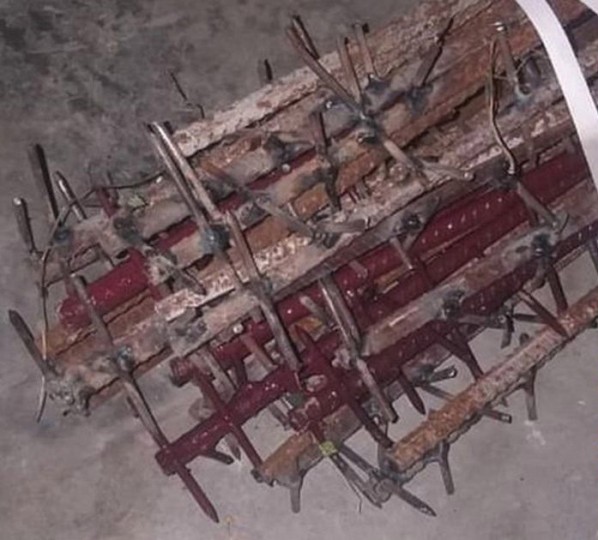The Chinese People’s Liberation Army (PLA) soldiers and officers used medieval torture instruments—clubs with metal spikes, and heavy rods wrapped with barbed wire, all prohibited under the 1977 Protocol 1 addition to the 1949 Geneva Conventions—to attack, kill and permanently injure Indian soldiers and officers during the evening/night of 15 June. So far, 20 soldiers and officers, including a Colonel, were martyred by marauding PLA soldiers; many are undergoing treatment in military hospitals.
The grievous injuries and other specific details have not yet been publicly reported by the Indian government. BJP National Executive Member, MP and former Cabinet Minister, Dr Subramanian Swamy replied to my question at the Foreign Correspondents Club press conference by agreeing with my suggestion and stated that the barbarity and violation of international laws should be reported widely to the international community. Dr Swamy added that it was supplementary to firing of bullets and manoeuvring tanks and a very useful addition in the confrontation that will likely be ongoing and long-term. While the folly of a former Prime Minister taking the Kashmir issue to the UN is well known, this is a different matter altogether; India recently became a non-permanent Member of the UN Security Council, and what better use of that membership than to raise this travesty, and record for posterity in the immortal words of President Reagan, “those who help us and those who do not”?
It is hard to imagine that erudite intellectuals like Chinese Politburo Members Wang Huning or even President Xi Jinping ordered anyone to carry medieval weapons to attack Indian soldiers. Yet they must take vicarious liability and responsibility for the brutality as they are technically in command of the PLA, no matter how nuanced the reality of the vast military-industrial complex that the PLA is that I have explained in a recent column.
In the October 1962 war, Government of India reported that China had violated the Geneva Conventions. The rapidity with which Chinese troops attacked resulted in 3,942 Indian prisoners of war, who were then marched to Tibet and kept at three different camps—Drowa Gumpa, Taku Gumpa and Chenjyi. The government stated that the Chinese violated all accepted principles of civilised conduct in the treatment they accorded to the sick and wounded and the prisoners of war, and a memorandum was sent to the International Committee of the Red Cross listing the breaches of the various clauses of the Geneva Convention.
Additional Protocols In 1977 To 1949 Geneva Conventions Establish Standards Of Law For Humanitarian Treatment In War
It is to deal with those aspects not covered by the original Geneva Conventions that the Additional Protocols were approved in 1977.
Excerpt:
“Part III. Section I—methods and means of warfare. Article 35—Basic rules
Attacking with heavy clubs with metal spikes that caused 20 deaths so far and dozens of others to be injured, some severely, would definitely qualify as violations.


















